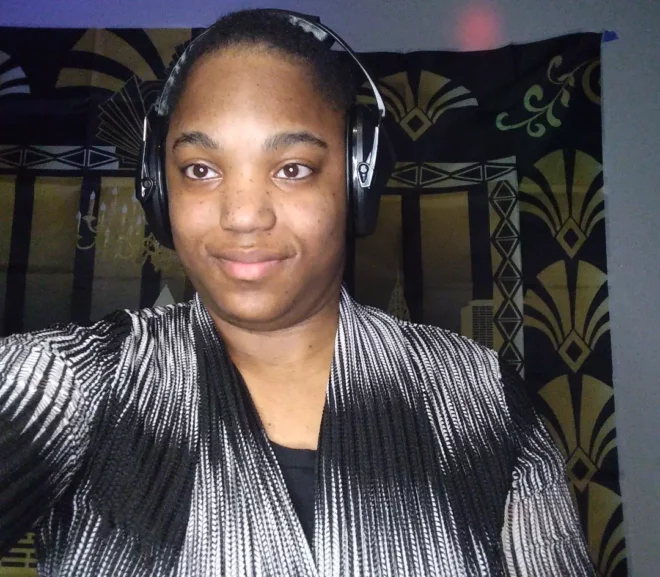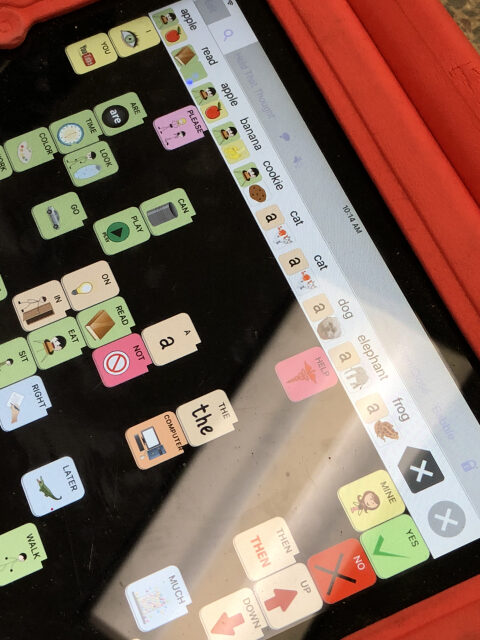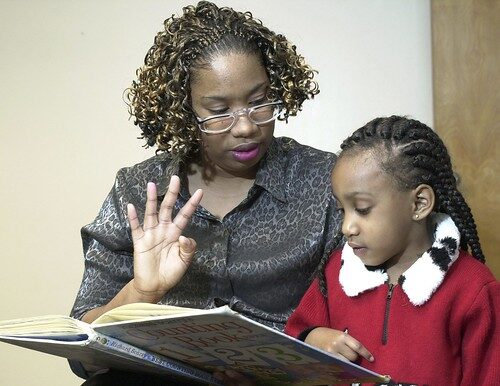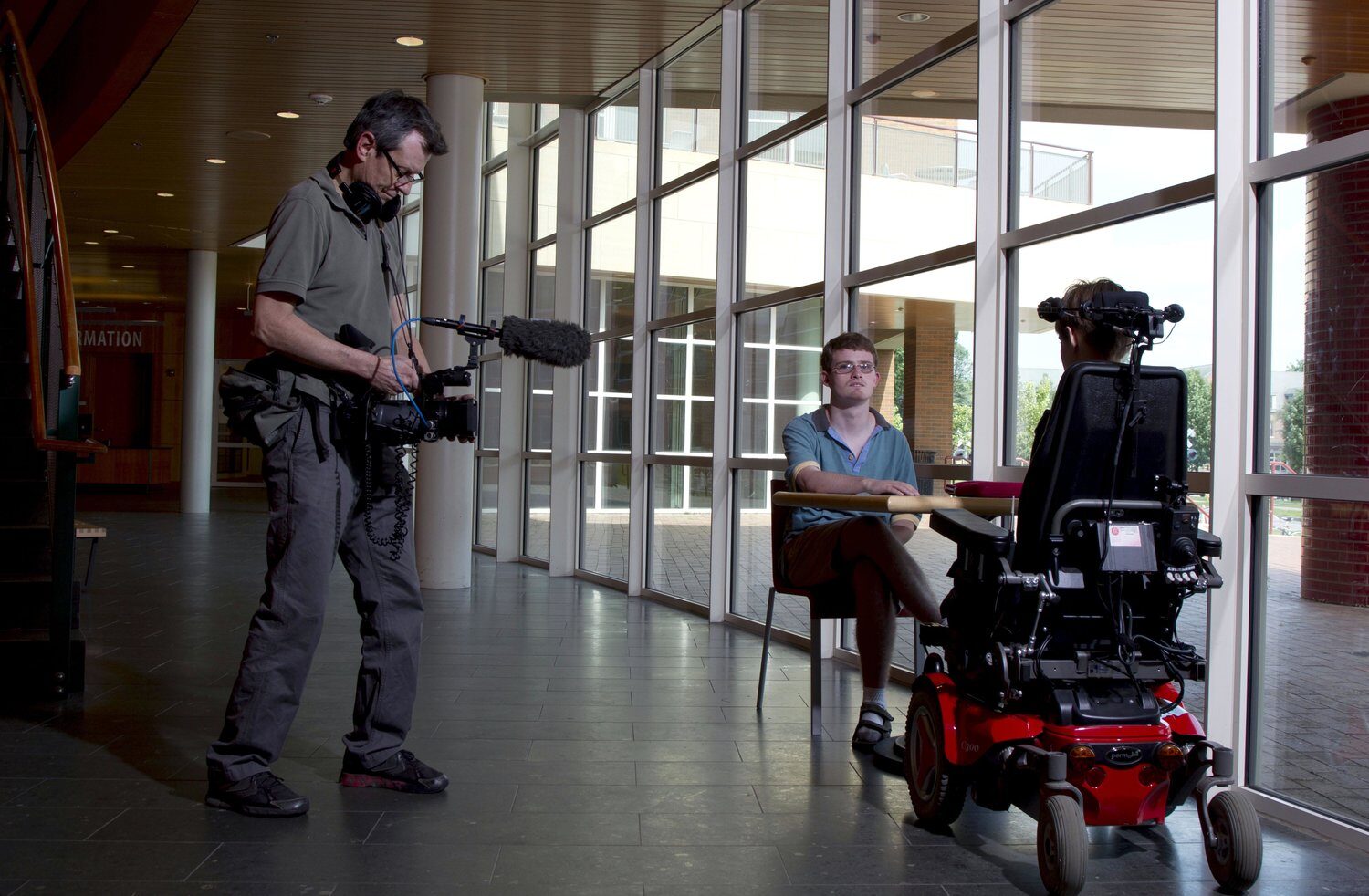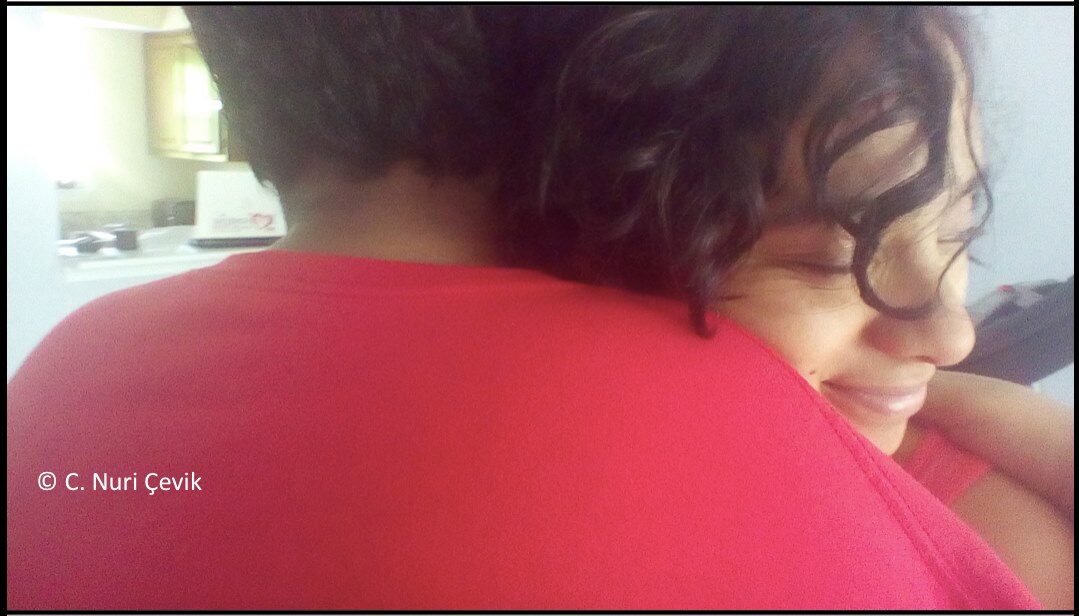How should educators approach autism, and how can understanding autistic identities help educators better support autistic and non-autistic students?
Tag: education
I still see a lot of “gifted” labeling in the school system, along with a conversation that is frustratingly narrow, because gifted labels cause harm—both to the ability of “gifted” disabled children to get support, as well as to those without the gifted labels.
Photo © Mundial Perspectives | Flickr / Creative Commons [image: A white teacher with shoulder-length straight dark brown hair holding up a globe to a group of young students of varied races, several of whom are raising their hands, all of whom are seen from behind.] Tim Villegas www.thinkinclusive.us I spend a lot of time thinking about inclusion. Most of this energy is spent coming up with ways to explain inclusive education clearly and succinctly so that everyone understands what it is and why it is essential. Because, to me, it is one of the most crucial things we can do for students (disabled or non-disabled). Here’s the challenge. You probably already have thoughts and opinions about inclusion. Maybe you have already decided that the cognitive difficulties or level of autism your child has, would not be appropriate in a general education classroom. Perhaps you have a notion that inclusion…
Think of your goal less about “doing it right” and more about “getting comfortable with AAC.” I’ve seen fear of being wrong all too often lead to no modeling. And I promise some modeling, modeling with mistakes, modeling slowly, all of it is better than no modeling.
We can be the teachers that our students need. We can celebrate neurodiversity while we hold ourselves to higher standards. We can provide robust education, equal access to the curriculum, and a life of autonomy and dreams. It starts with this…
[image: Production photo of David Jame Savarese (Deej), a thin white male with short, cropped hair and glasses, wearing a light blue polo shirt and beige slacks, seated at a table facing his girlfriend who is seated in a power chair back to us, facing him. A man holding a camera is standing to their left and caught in the act of filming them. ©DEEJ movie www.deejmovie.com/press] Kerima Çevik theautismwars.blogspot.com “A distinguishing feature of scientific thinking is the search for falsifying as well as confirming evidence. However, many times in the history of science, scientists have resisted new discoveries by selectively interpreting or ignoring unfavorable data.” Wikipedia on Confirmation Bias I understand that professionals who aren’t familiar with autism and autistic lived experience may carry biases about non-speaking autistic people. I don’t accept it, but I understand it. We’re human and all of us have biases. When bias becomes a…
An autistic young person has the right to have an active and willing agency in the process of deciding who to befriend, what boundaries should be set on such friendships and who they are just not comfortable with.
Photo © US Department of Education | Creative Commons / Flickr [image: Three students at computer workstations, seen from behind.] Shannon Rosa Senior Editor Wealthy people using their privilege to bypass regular people problems like paying taxes is nothing new. But using that clout to exploit disability accommodations—to give their college-aspiring children truly unfair and also illegal advantages—is infuriating on multiple levels. As disability policy professional Rebecca Cokley noted at Teen Vogue: “This behavior is harmful because when celebrities and others with privilege use a marginalized community’s civil rights as a ‘VIP pass,’ it frames reasonable accommodations as something ‘special’ that you should be able to buy, versus actual civil rights that give people with disabilities an equal seat at the table.” Adrienne Wichard-Edds reported on the scandal for the Washington Post, from the perspectives of several irate parents of students with disabilities: “For children who really do struggle with…
“When an academic writes accurately about aspects of autistic lived experience in their research, some people grumble. “All they needed to do was ask me and I would have told them,” some will say.”
The sad truth is that so many Autistic people, children and adults, go through autistic burnout with zero comprehension of what is happening to them, and with zero support from their friends and families.
